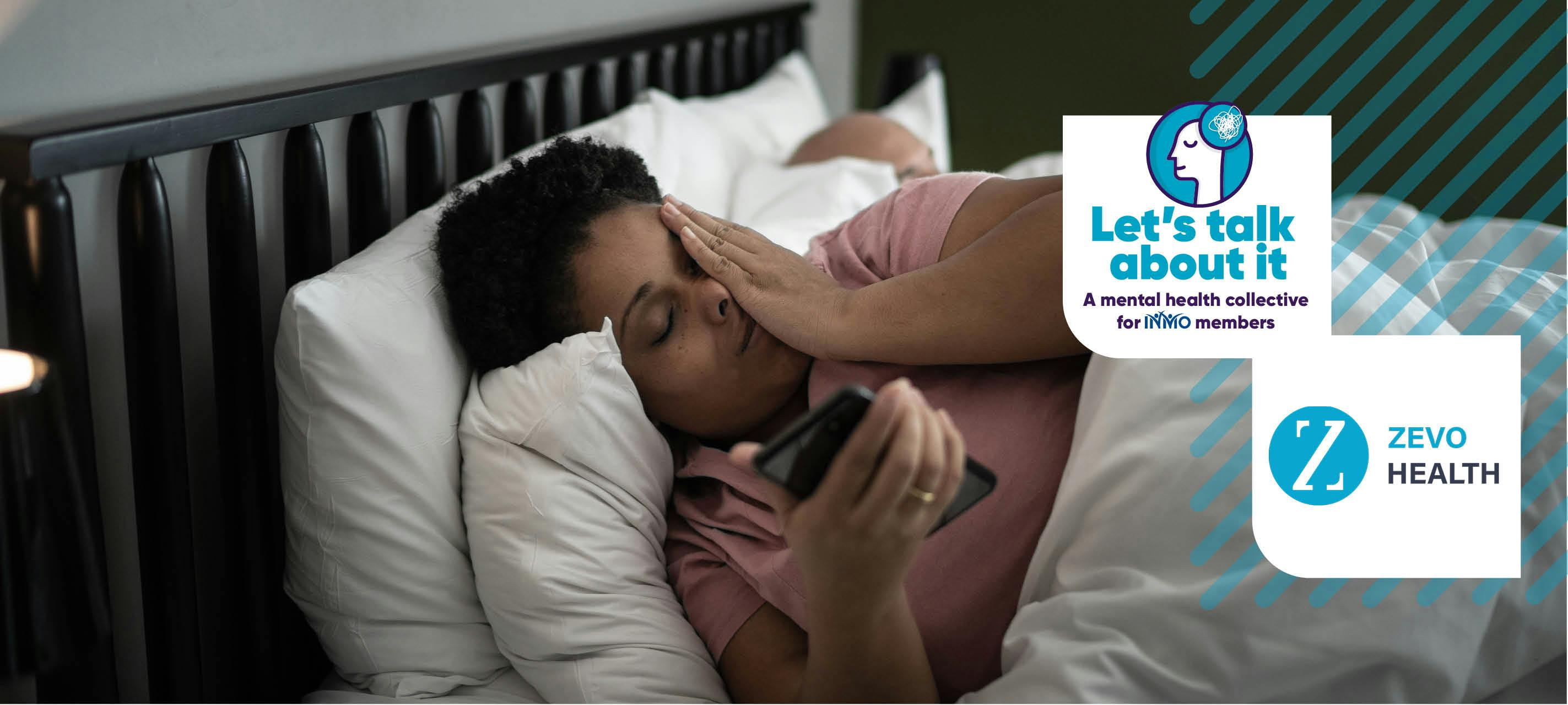Nurses and midwives, highly trained and skilled professionals, have a desire to help others and compassionate traits. Compassion, according to Buddhist philosophy, means being touched by suffering, and having the wish to help, regardless of whether the suffering is your own or someone else’s, however, western cultures tend to associate compassion with compassion for others. Self-compassion is a kind and understanding attitude towards yourself in times of emotional pain.
A highly skilled, yet, stressful occupation, nursing and midwifery entails long shifts, high-pressured environments, inadequate staffing levels, administrative duties and dealing with death*. Moderate to high levels of burnout are commonly reported among nurses and midwives. Maintaining our own personal wellbeing while the focus of our work is on the health and wellbeing of others, is paramount.
There are many things that we can do, at a personal level, to maintain our own personal wellbeing. Each day, we purposefully care for our dental health, but do we purposefully care for our mental health? Some suggestions:
- In the same time that it takes to brush our teeth, we could practice helpful breathing, breathe out for longer than we breathe in, calming our sympathetic nervous system. Try three breaths, in for the count of 3, out for the count of 6, and notice the immediate difference.
- Taking time out for you! Do something every day that you enjoy. It could be something as simple as a walk outdoors in nature, enjoying a favourite cup of coffee, making time for a chat with a good friend, “Me Time”. What works for you?
- We can focus on our physical health, our exercise, diet and sleep.
- Exercise releases endorphins, which help us to feel better. We don’t need to run a marathon. A twenty-minute walk, a cycle, dancing, whatever exercise suits you, is helpful to your mental and physical health.
- We all know the impact our diet has on our mental health. Remember the benefits of fresh foods, fruit and vegetables.
- Trying to maintain a regular sleep pattern is very challenging for nurses and midwives on shift work, however, sleep is vital for our mental health. Preparing for sleep is really helpful.
- Probably the most important thing we can do for ourselves is to talk. Remember the saying “a problem shared is a problem halved”? As nurses, we provide an empathic listening ear for others, every day. Do you share your experiences, your worries, fears and anxieties with someone you trust? Who is your empathic person?
Studies on self-compassion associate it with overall wellbeing, positive affect and optimism as well as being an effective buffer against distressing experiences. It is associated with less anxiety, stress and depression. Increased self-compassion corresponds with less strain when dealing with embarrassment, rejection or failure.
As human beings, we are relational, we thrive when we are part of a supportive network. In this programme, we aim to provide an opportunity to build a compassionate-based community for nurses to turn to throughout their career. This platform will be open to share the wisdom of the collective so that newly trained nurses have support from their tenured peers, so that nurses have a mechanism to facilitate awareness and change at a national level and that resilience, self-care and compassion are nurtured across all levels of the profession.
As part of your supportive network, we aim to increase your personal self-care tool kit. So Let’s Talk About It, a mental health collective for INMO members, aims to provide you with additional ways of promoting your personal wellbeing, raising your awareness of the indicators of compromised wellbeing, and assisting you in managing those times by turning both inward and outward. In this programme, we endeavour to show compassion and care for you, to extend your personal wellbeing toolkit and to promote a compassionate-based community of nurses in Ireland.
By Bríd O’Meara - Nurse, Mental Health Expert and Let's Talk About It campaign ambassador.
*Donnolly, T. (2014). Stress among nurses working in an acute hospital in Ireland. British Journal of Nursing, 23(13), 746-750


